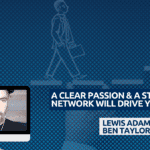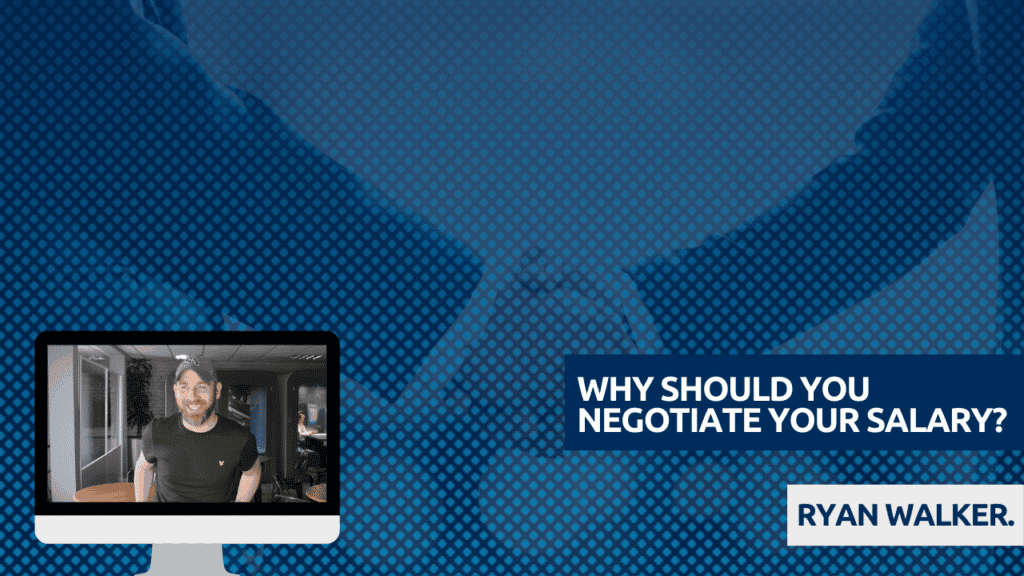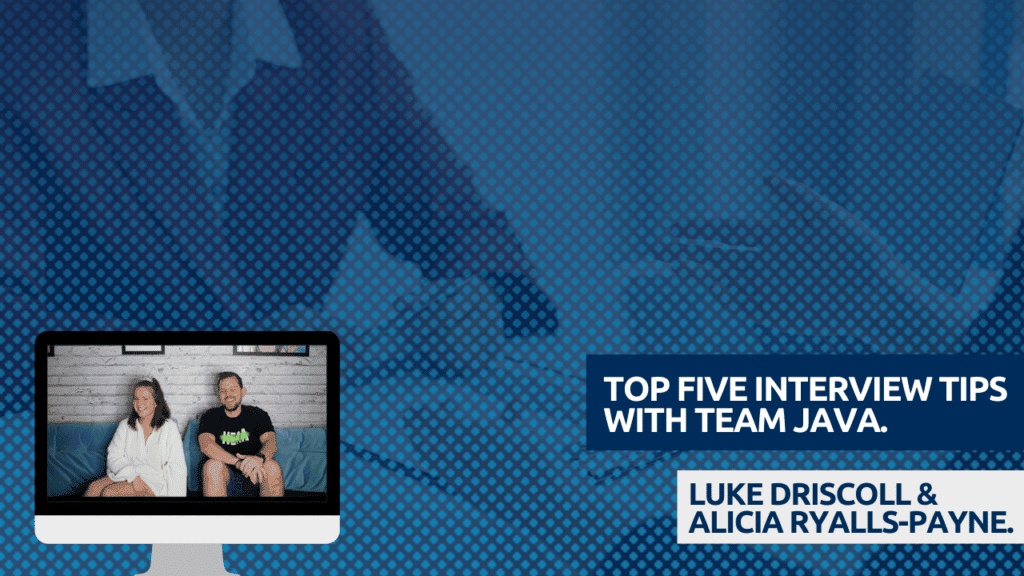Building a Strong Network to Drive Your Career

Transcription:
Lewis: So welcome to preparing the unprepared, as some of you know. My name is Lewis Adams Dunston. And this particular episode is going to be filmed with Ben Taylor, who is currently an evangelist at Date’s a Robot. I’m on a mission right now to connect with as many thought leaders and knowledge shares in this space to try and help prepare people better for making small career decisions and smart hiring decisions. So welcome to the show, Ben. If you wanted to perhaps give a quick insurance yourself and your background. When I look back at my career, there’s a lot of randomness that ended up working out well. So having this internship, working on satellite image processing or going to grad school and working on particle segmentation, computer vision algorithms are going to work at Intel Micron and working on process control and faults. Detection models are working at a hedge fund. A lot of these decisions were very lucky decisions. And there were there was a lot of confusion attached to these decisions at the time. And so I yeah. So looking back on my career, it could have gone a very different way where I had gone with wrong employer or made the wrong decision. And that NIST decision points where that was a real chance. I could’ve made the wrong decision and that would have set me back a lot. I would’ve been set back five or 10 years, my career if I had gone with wrong employer. Right. The beginning of your career, if you think about where you want to be in three, five, 10 years, time doesn’t always go down that path. If the business that you’re working for, although it supports your financial commitment, if it’s not taking you on that journey, then it probably isn’t the right place to be. Yeah. And then touching on something else you said, like, if you do what you love, you’ll never work a day in your life. Right. So finding something you’re really passionate for and then turning that into a career is another very, very good place to start.
Ben: Yeah. And there’s something that comes with passion. If you can find something you’re really passionate about. You can actually become eat. You can become one of the leading experts on that topic. And so it’s really gratifying if you can just fall to the bottom of the rabbit hole on some topic. So find a topic that is fascinating to you. You find very interesting. And just obsess about it more than anyone you’ve ever met in that topic and get to the bottom of that rabbit hole and what you’ll find as these rabbit holes are bottomless. They just keep. Like there’s one. Especially when it comes to researching anything. So if you’re researching psychology, artificial intelligence, even chemistry, a lot of the things that you’re researching, there’s no such thing as a brick wall. So there’s no edge of the of the known universe here. You’ll just continue to fall through this rabbit hole. And so I think for people they’ve seen that they seem to have the most satisfying careers. They developed very obsessive personalities about things that matter to them. And they try to push everything else out. So they do it. And that’s another thing that I think some people get intimidated by. They think they’re pretty good at everything. You know, I’m a professional now. I work in the professional workforce. I to be really good at all of these things, you know, building a presentation. Giving a talk. Doing research. Writing code. Doing analysis. Like I write visualizations. I’d be good at everything. And I’m going to butcher this. But I think it’s something I’ll talk about working on your weaknesses. But I’d kind of lean and I know this has been said before, this is not new stuff that I’m kind of an opinion. Just no triple down on your strengths, like figure out what your strengths are and make them superstrings, make them superhuman abilities around things that matter to you.
Lewis: I think from the perspective of a recruiter as well, I can tell you that I guess you’re probably great store of life. You might have to wear a few more hats. And you would if you’re going to work for a tech firm that’s a little bit more established and businesses. I guess it starts with a business as well, because if the business doesn’t know entirely what they want. I mean, you look at a job description, as you know, as someone who’s a job seeker, and you go, oh, my God, I can’t do that. Or then you try. Yes. So it I guess there’s a gap on both sides. All businesses create opportunities within their organizations that are unrealistic if they’re established or, you know, is that there’s definitely more value for me when I’m selling in a candidate who’s looking for something very specific and a business has a specific Nate. So I think spending time building on your strengths and your specialisms is way more valuable unless you draw on a store or build a startup business. Wait. Yeah, just it was too late.
NÄCHSTE SCHRITTE.










